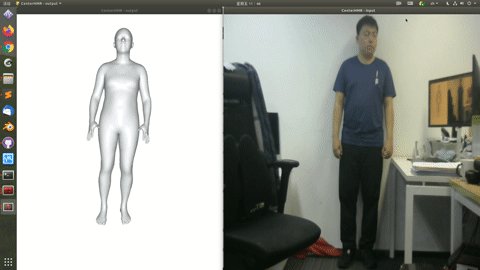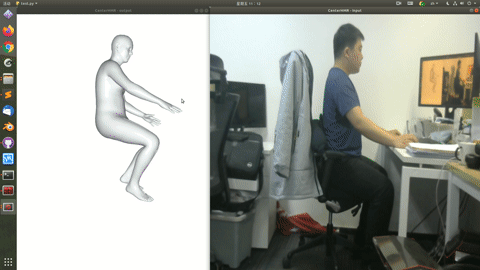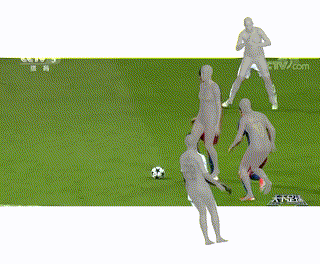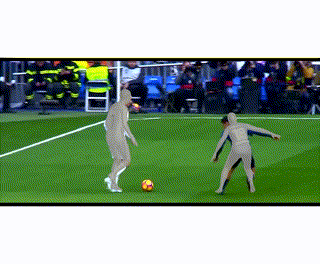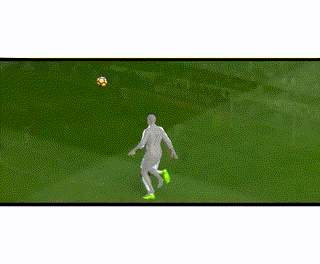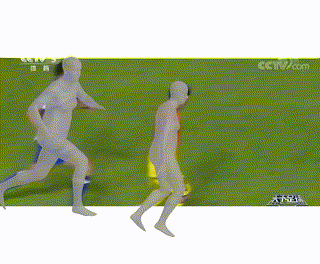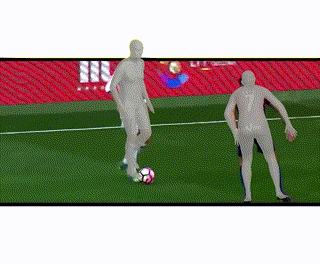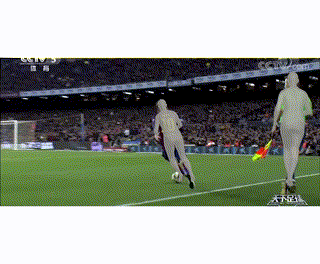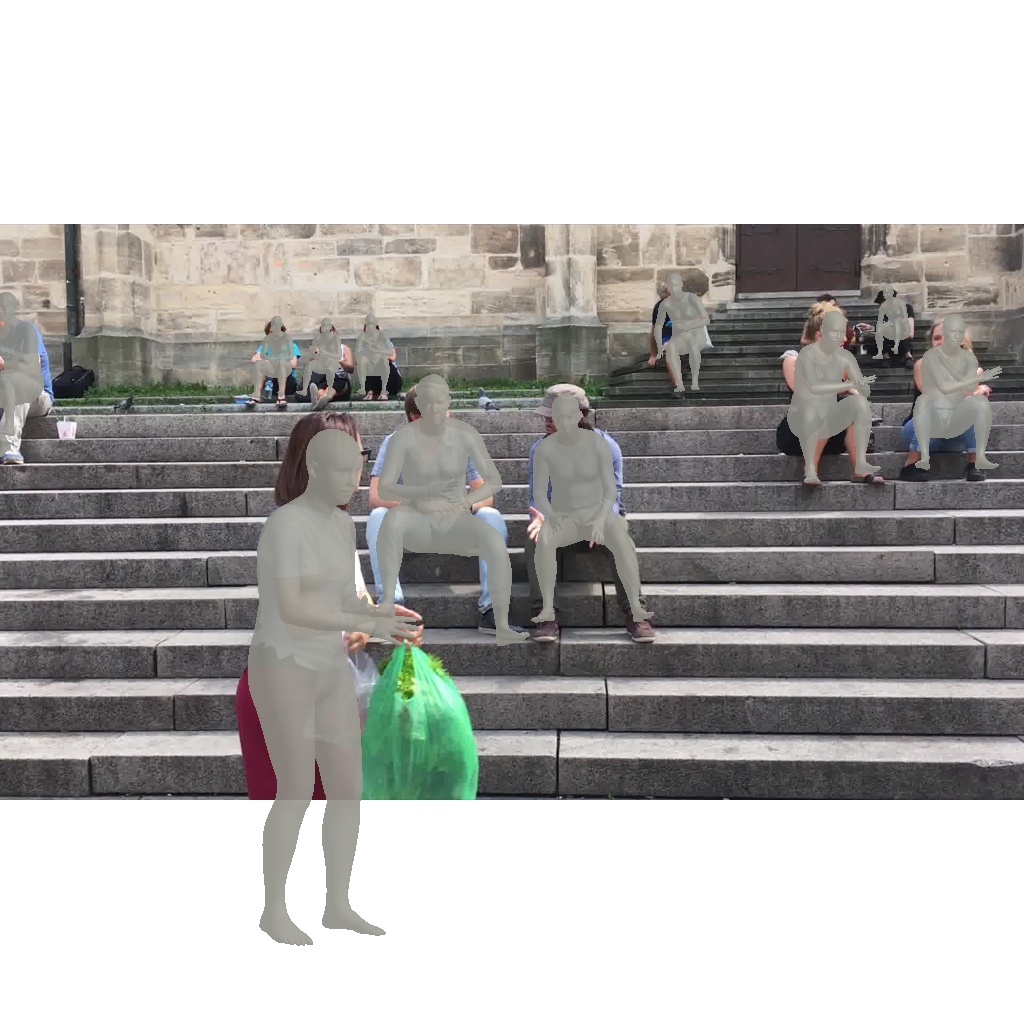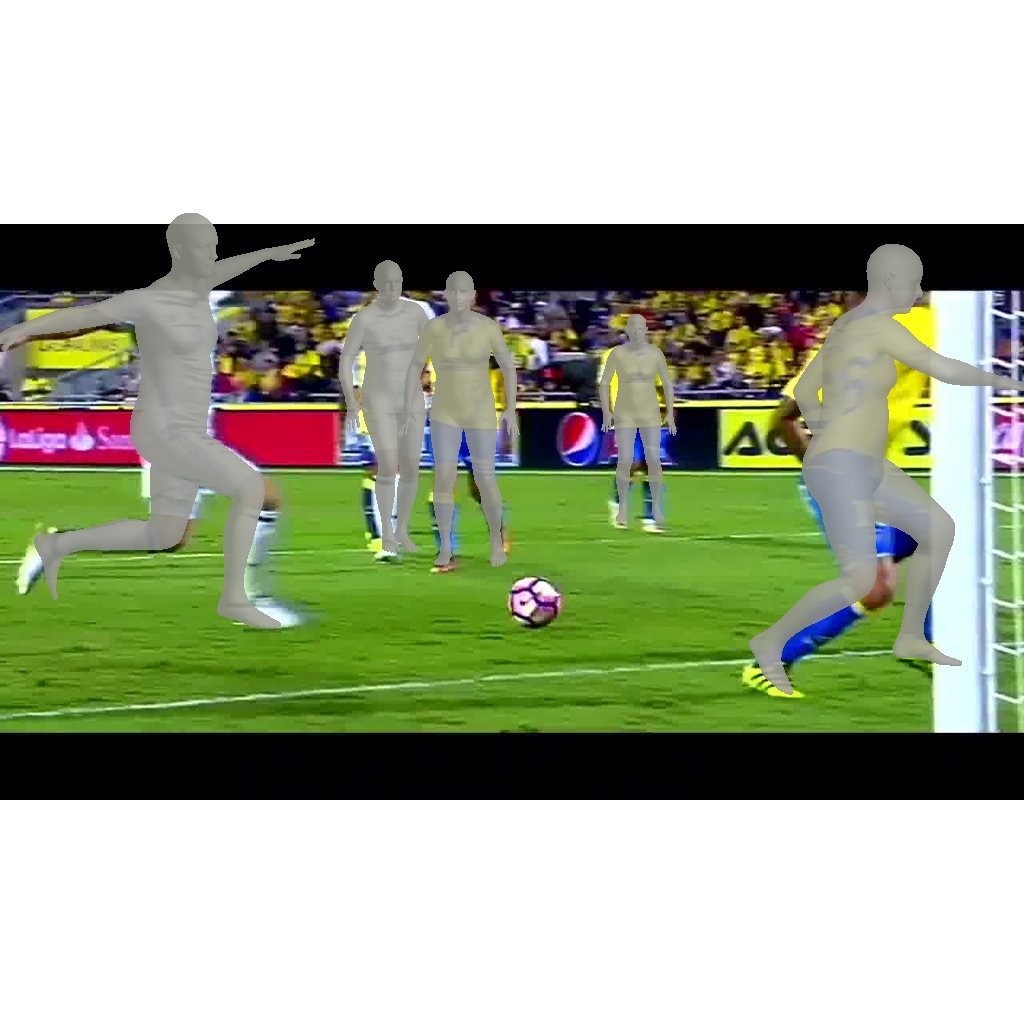CenterHMR is a bottom-up single-shot network for real-time multi-person 3D mesh recovery from a single image It achieves ECCV 2020 3DPW Challenge Runner Up. Please refer to arxiv paper for the details!
2020/11/26: Upload a new version that contains optimization for person-person occlusion. Small changes for video support.
2020/9/11: Real-time webcam demo using local/remote server. Please refer to config_guide.md for details.
2020/9/4: Google Colab demo. Predicted results would be saved to a npy file per imag, please refer to config_guide.md for details.
Before installation, you can take a few minutes to try the prepared Google Colab demo a try.
It allows you to run the project in the cloud, free of charge.
Directly download the full-packed released package CenterHMR.zip from github, latest version v0.1.
Clone the repo:
git clone https://github.com/Arthur151/CenterHMR --depth 1Then download the CenterHMR data from Github release, Google drive or Baidu Drive with password 6hye.
Unzip the downloaded CenterHMR_data.zip under the root CenterHMR/.
cd CenterHMR/
unzip CenterHMR_data.zipThe layout would be
CenterHMR
- demo
- models
- src
- trained_modelsPlease intall the Pytorch 1.6 from the official website. We have tested the code on Ubuntu and Centos using Pytorch 1.6 only.
Install packages:
cd CenterHMR/src
sh scripts/setup.shPlease refer to the bug.md for unpleasant bugs. Feel free to submit the issues for related bugs.
Currently, the released code is used to re-implement demo results. Only 1-2G GPU memory is needed.
To do this you just need to run
cd CenterHMR/src
sh run.sh
# if there are any bugs about shell script, please consider run the following command instead:
CUDA_VISIBLE_DEVICES=0 python core/test.py --gpu=0 --configs_yml=configs/basic_test.ymlResults will be saved in CenterHMR/demo/images_results.
You can also run the code on random internet images via putting the images under CenterHMR/demo/images before running sh run.sh.
Or please refer to config_guide.md for detail configurations.
Please refer to config_guide.md for saving the estimated mesh/Center maps/parameters dict.
You can also run the code on random internet videos.
To do this you just need to firstly change the input_video_path in src/configs/basic_test_video.yml to /path/to/your/video. For example, set
video_or_frame: True
input_video_path: '../demo/sample_video.mp4' # Nonethen run
cd CenterHMR/src
CUDA_VISIBLE_DEVICES=0 python core/test.py --gpu=0 --configs_yml=configs/basic_test_video.ymlResults will be displayed on your screen.
We also provide the webcam demo code, which can run at real-time on a 1070Ti GPU / remote server.
Currently, limited by the visualization pipeline, the webcam visulization code only support the single-person mesh.
To do this you just need to run
cd CenterHMR/src
CUDA_VISIBLE_DEVICES=0 python core/test.py --gpu=0 --configs_yml=configs/basic_webcam.yml
# or please set the TEST_MODE=0 WEBCAM_MODE=1 in run.sh, then run
sh run.shPress Up/Down to end the demo. Pelease refer to config_guide.md for setting mesh color or camera id.
If you wish to run webcam demo using remote server, pelease refer to config_guide.md.
To test FPS of CenterHMR on your devices, please set configs/basic_test.yml as below
save_visualization_on_img: False
demo_image_folder: '../demo/videos/Messi_1'then run
cd CenterHMR/src
CUDA_VISIBLE_DEVICES=0 python core/test.py --gpu=0 --configs_yml=configs/basic_test.ymlThe code will be gradually open sourced according to:
- the schedule
- demo code for internet images / videos / webcam
- runtime optimization
- benchmark evaluation
- training
Please considering citing
@inproceedings{CenterHMR,
title = {CenterHMR: Multi-Person Center-based Human Mesh Recovery},
author = {Yu, Sun and Qian, Bao and Wu, Liu and Yili, Fu and Black, Michael J. and Tao, Mei},
booktitle = {arxiv:2008.12272},
month = {August},
year = {2020}
}We thank Peng Cheng for his constructive comments on Center map training.
Here are some great resources we benefit:
- SMPL models and layer is borrowed from MPII SMPL-X model.
- Webcam pipeline is borrowed from minimal-hand.
- Some functions are borrowed from HMR-pytorch.
- Some functions for data augmentation are borrowed from SPIN.
- Synthetic occlusion is borrowed from synthetic-occlusion
- The evaluation code of 3DPW dataset is brought from 3dpw-eval.
- For fair comparison, the GT annotations of 3DPW dataset are brought from VIBE
